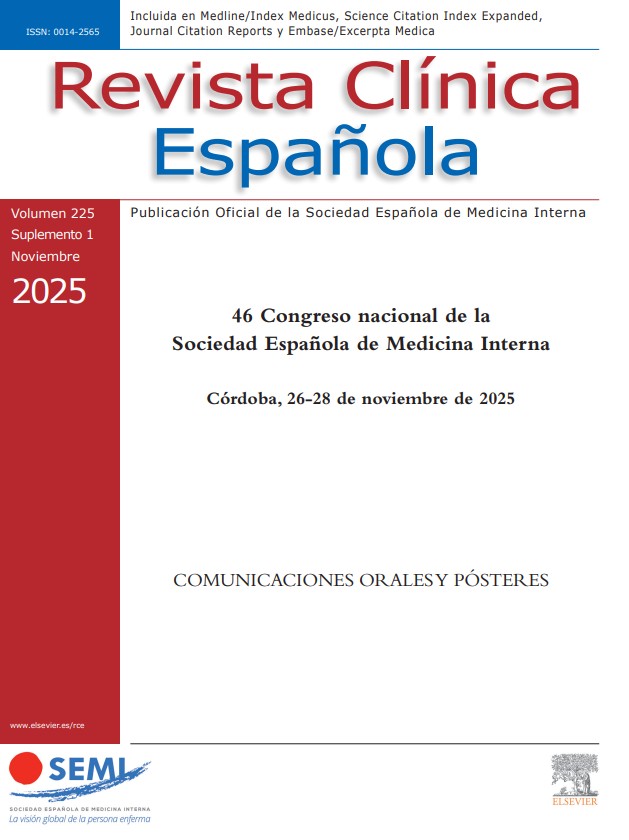La formación de especialistas está basada en la adquisición gradual de conocimientos, habilidades y responsabilidades. El objetivo del estudio es conocer la opinión de los residentes sobre su formación.
Material y métodosEstudio descriptivo transversal basado en una encuesta online realizada a los residentes de quinto año durante los meses de febrero y marzo de 2017.
ResultadosRespondieron la encuesta 194 residentes (62,8% del total); el 62,9% fueron mujeres y el 50% eran menores de 30años, con representación de hospitales de todos los niveles y de las 17 comunidades autónomas. Más del 80% volverían a elegir la especialidad y creen que la duración de la residencia es adecuada; sin embargo, el 76,3% eliminarían alguna de las rotaciones. La mayoría de los residentes desconocen los objetivos de cada rotación y un 37,1% no se han sentido adecuadamente supervisados. Un 82,5% cambiarían el sistema de evaluación y un 68,0% estarían a favor de realizar una prueba de excelencia. La mayoría de residentes han publicado al menos un artículo o realizado una comunicación en un congreso; sin embargo, solo el 27,8% están realizando una tesis doctoral. A pesar de que un 74,7% consideran que van a encontrar empleo, solo un 28,4% tienen una oferta a un mes de finalizar la residencia.
ConclusionesLos residentes están satisfechos con la formación recibida, aunque sigue existiendo un déficit en la supervisión y un descontento tanto con la forma de evaluar sus conocimientos como con la precariedad laboral durante los primeros años de especialistas.
Specialist training is based on the gradual acquisition of expertise, skills and responsibilities. The aim of this study is to determine the opinion of residents regarding their training.
Material and methodsThis was a cross-sectional descriptive study based on an online survey of 5th-year residents during February and March 2017.
ResultsA total of 194 residents (62.8% of the total) responded to the survey, 62.9% of whom were women and 50% of whom were younger than 30years, representing hospitals from all levels and from the 17 autonomous communities. More than 80% of the residents choose the specialty once again and believed that the duration of the residence was appropriate; however, 76.3% would eliminate some of their rotations. Most of the residents did not know the objectives of each rotation, and 37.1% felt they were not adequately supervised. Some 82.5% would change the evaluation system, and 68.0% would favour performing an excellence test. Most of the residents had published at least one article or performed one presentation at a congress; however, only 27.8% had completed a doctoral thesis. Although 74.7% of the internists believed they would find employment, only 28.4% had an offer 1month after completing their residence.
ConclusionsThe residents are satisfied with their training, although there is still a deficit in supervision and dissatisfaction with the method of assessing their knowledge and the precarious job market during the first year for specialists.
Artículo
Diríjase desde aquí a la web de la >>>FESEMI<<< e inicie sesión mediante el formulario que se encuentra en la barra superior, pulsando sobre el candado.

Una vez autentificado, en la misma web de FESEMI, en el menú superior, elija la opción deseada.

>>>FESEMI<<<









